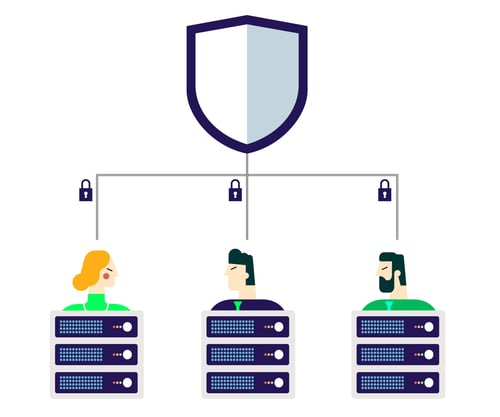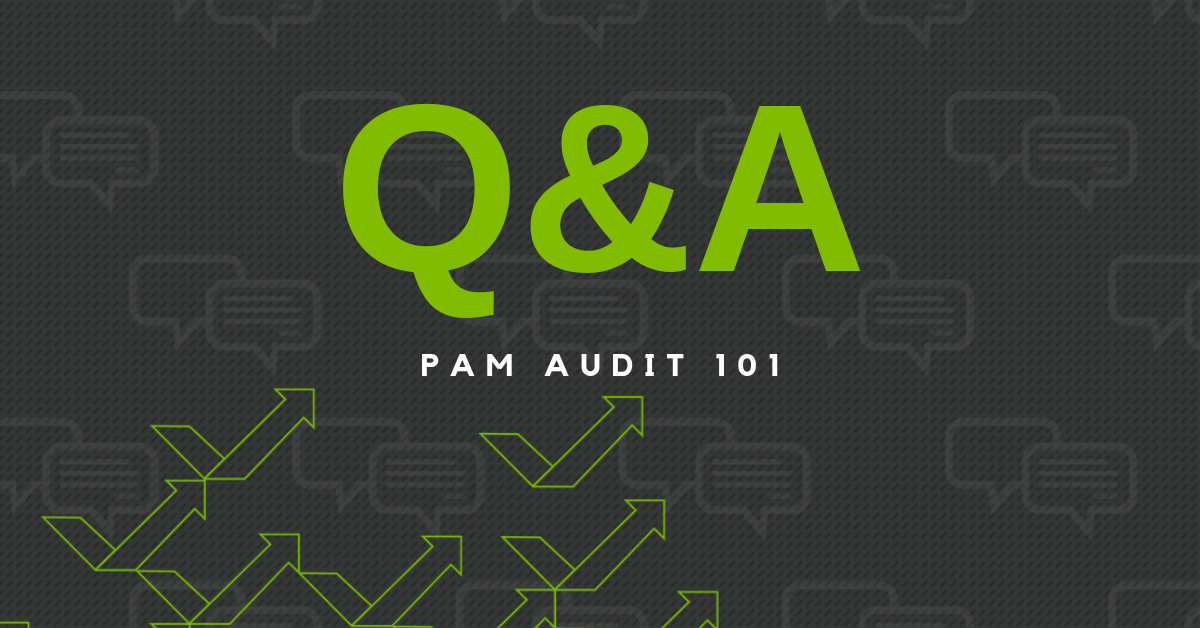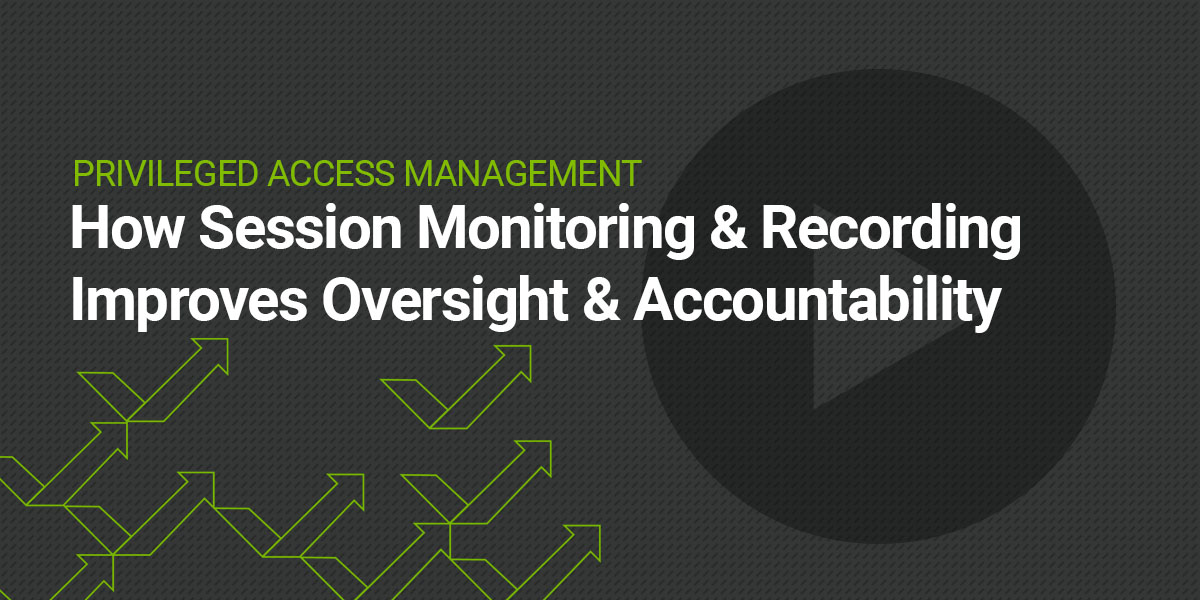The Role Compliance Plays for Servers
Maintaining effective cybersecurity for servers is essential to safeguard digital assets, preserve data integrity, and earn customer trust.
Compliance with various standards plays a pivotal role in achieving these goals. In today's interconnected and data-driven world, cyber threats are constantly evolving, making adherence to compliance standards a strategic imperative for organizations. In this blog, I will delve into the multifaceted significance of server compliance in cybersecurity, covering key aspects such as data protection, legal considerations, risk management, operational excellence, and ethical responsibilities.

1. Data Protection and Privacy
In the age of digital transformation, servers are central repositories of sensitive information, including personal, financial, and proprietary data. Compliance frameworks such as the General Data Protection Regulation (GDPR), Health Insurance Portability and Accountability Act (HIPAA), and California Consumer Privacy Act (CCPA) provide guidelines to ensure that this data is handled responsibly, processed lawfully, and protected against unauthorized access.
By aligning cybersecurity practices with these standards, organizations can enforce strict data encryption, access controls, and audit trails, mitigating the risk of data breaches and unauthorized disclosures. Compliance-driven data protection helps establish a culture of privacy consciousness that encourages customer confidence and loyalty.
2. Legal and Regulatory Requirements
Cybersecurity compliance is inextricably linked to compliance with legal and regulatory requirements. Organizations that manage servers must navigate a complex landscape of jurisdiction-specific laws that dictate how data is collected, stored, and used. Non-compliance can result in substantial fines, legal battles, and reputational damage.
By proactively complying with these regulations, organizations not only avoid legal fallout but also demonstrate their commitment to responsible data management.
3. Risk Management and Mitigation
The constantly changing threat landscape poses significant challenges to server security. Compliance frameworks provide a structured approach to identifying vulnerabilities, assessing risks, and implementing controls to mitigate potential threats. Regular security audits and assessments mandated by compliance standards enable organizations to detect and correct vulnerabilities before they are exploited.
This risk-centric approach enhances an organization's ability to predict, prevent, and respond effectively to cyber incidents.
4. Operational Excellence and Efficiency
Compliance mandates often surround best practices for server configuration, patch management, and incident response. Adhering to these practices improves the efficiency of server management, reduces downtime, and minimizes disruptions caused by security incidents.
Compliance-driven processes enable organizations to streamline operations, optimize resource allocation, and enhance the overall performance of their servers.
5. Business Continuity and Disaster Recovery
Compliance standards often stress the significance of having a plan for business continuity and disaster recovery. It is crucial to be prepared in case of unforeseen events that may interrupt normal operations. Having a plan for business continuity and disaster recovery is highly emphasized by compliance standards. Being prepared for unexpected events that can disrupt normal operations is crucial. It’s vital to have a solid plan in place to ensure that your business can quickly recover from any potential disasters.
By adhering to these requirements, organizations can maintain operations during disruptions, recover data more effectively, and minimize downtime's financial and operational impacts.
6. Vendor and Partner Relationships
In today's digital world, numerous organizations depend on third-party vendors and partners for delivering services. To establish and maintain partnerships, compliance with cybersecurity standards is often necessary.
Vendors may ask for proof of compliance to ensure their security standards are met.
7. Technological Innovation
The implementation of compliance standards motivates companies to embrace sophisticated security technologies and methodologies, which drives innovation in the field of cybersecurity.
This results in state-of-the-art solutions that fortify security measures and safeguard the most crucial assets.
8. Trust and Reputation
Following several high-profile data breaches, the public's trust in handling their personal information has been significantly impacted. Compliance initiatives, however, serve as an effective way of communicating an organization's commitment to cybersecurity and data protection. This, in turn, helps to strengthen its reputation as a credible and reliable custodian of sensitive data.
By demonstrating good compliance practices, an organization can set itself apart from its competitors and, in the process, rebuild consumer confidence in the digital age.
9. Cross-Functional Collaboration
Cybersecurity compliance transcends IT departments, requiring collaboration between various functions, including legal, risk management, human resources, and executive leadership. This collaboration fosters a holistic approach to cybersecurity, aligning different stakeholders towards a common goal of protecting server infrastructure and sensitive data.
10. Ethical Imperative
Compliance is not just about fulfilling legal and financial requirements; it is a critical ethical obligation to protect the digital realm. Organizations have the responsibility of safeguarding vast amounts of personal data. Failure to do so can have severe and far-reaching consequences for individuals.
By prioritizing compliance, organizations show their strong commitment to upholding ethical standards and protecting the rights and privacy of their customers and stakeholders.
Server compliance is paramount in cybersecurity due to its far-reaching implications. From protecting sensitive data and meeting legal obligations to managing risks, ensuring operational efficiency, and fostering ethical practices, compliance frameworks provide a structured approach to tackling the complex challenges of cybersecurity.
Organizations that embrace compliance demonstrate their dedication to cybersecurity excellence, contributing to a safer digital ecosystem for all. As cyber threats continue to evolve, compliance remains a cornerstone for fortifying server security and upholding the principles of data protection, privacy, and responsible technology stewardship.
At Delinea we're committed to enhancing server compliance through our Server PAM solution.
Server PAM leverages granular, host-based auditing, and session recordings to prove compliance and aid in incident investigation across on-premise and cloud servers. Our ongoing investment into server security has established us as a Privileged Access Management (PAM) leader, recently acknowledged by Gartner in the 2023 Magic Quadrant Report.


